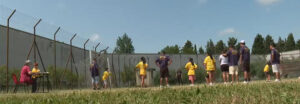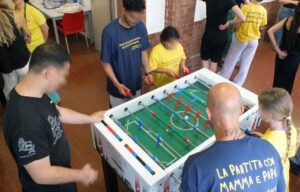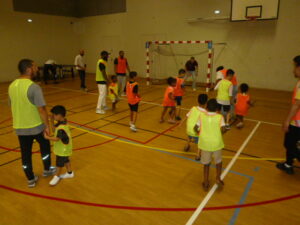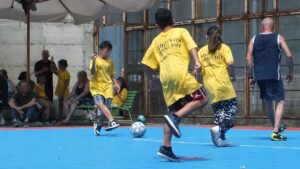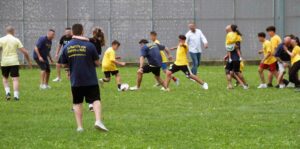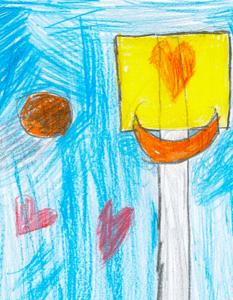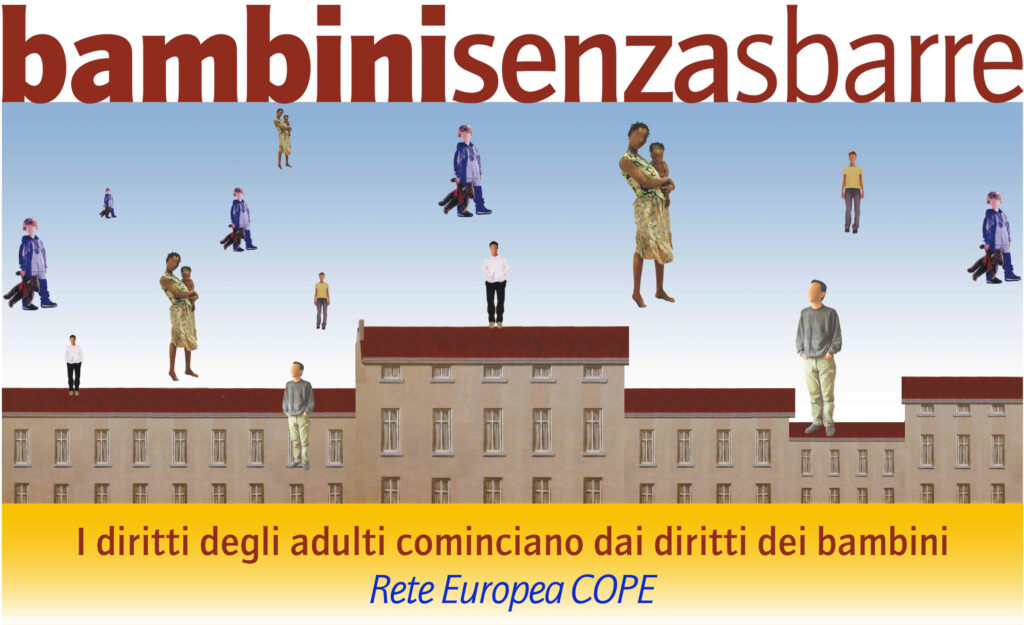‘The onus is on adults to shift norms and improve systems so every child can flourish, with their dignity upheld‘.
Currently working as Project Director at COPE and on the Game with Mum & Dad project (GWMD), Paula Akyol has experience in child education, NGOs and the arts sector. She is committed to working collaboratively and internationally to create change with and on behalf of children affected by parental imprisonment. For COPE, she has driven advocacy efforts with law enforcement partners, spearheaded participatory projects with children and young people and helped to expand the network’s growth and development. She helps boost the visibility of projects such as GWMD for external stakeholders, maximising their resonance through children’s voices and experiences and by highlighting the humanising value of these projects.
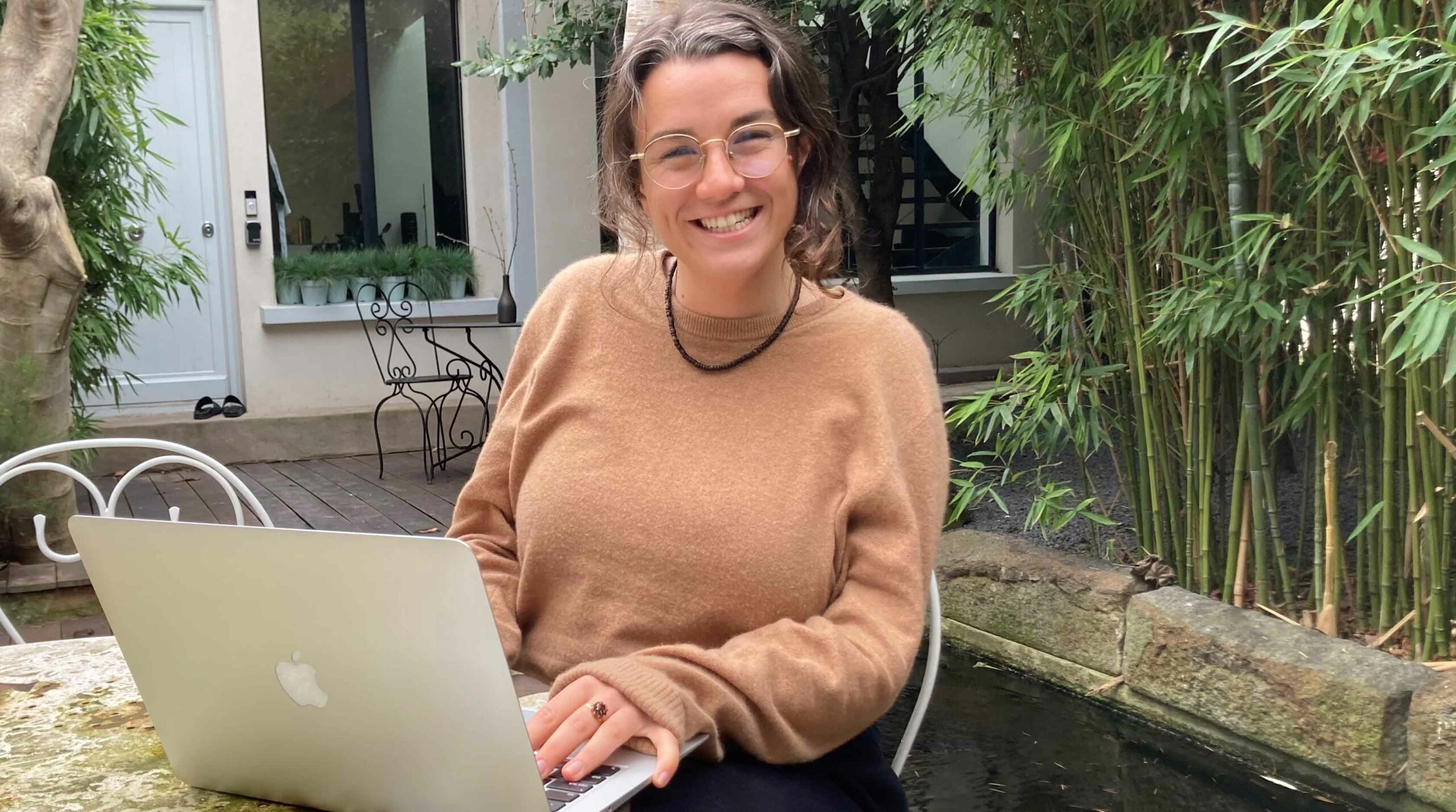
What is your work in COPE?
I am currently working as COPE’s Project Director. Alongside colleagues I help to implement our annual work plan of events, projects, the production of resources and advocacy efforts. I also take part in COPE’s strategic planning.
What is your background?
My background is in child education, having worked as a teacher in several contexts. I have also worked for several NGOs, working on communications, fundraising and project management. Before that, I worked within the arts sector.
‘To strengthen the bond between parents who are detained or imprisoned and their children. To create better, fairer criminal justice systems that respect those children’s rights.‘
Why your commitment to children’s rights?
Because it makes sense. No child should be denied their childhood. The onus is on adults to shift norms and improve systems so every child can flourish, with their dignity upheld. When children share their experiences of an injustice that took place because of adult failure or complacency, naturally this boosts a commitment to push for change. Since working for COPE, that commitment has been reinforced enormously. Many colleagues across the network have spent years working with children, looking to them for their ideas and experiences. They have created positive changes within systems that increasingly uphold children’s rights, as enshrined in the United Nations Convention on the Rights of the Child. Much work remains to be done but the efforts and successes of the network are great sources of motivation.
How is COPE involved in organising a project like this?
In collaboration with the project’s Executive Partners, Bambinisenzasbarre, COPE spearheads and coordinates Game with Mum & Dad. We provide COPE members across Europe and beyond with support, including financial, to carry out football games in prisons between children and their imprisoned parents. We support members to use these events to advocate with governments, to push for greater recognition of parental imprisonment and respect of children’s rights.
COPE then takes the momentum generated from these events and advocates on international levels for wider, deeper respect of children’s rights. The project is growing, its voice is becoming louder. It is a beautiful way for COPE to demonstrate how to create change and why that change is needed. We work with our funders (e.g.,European Commission, UEFA Foundation for Children, Connecting Hearts Foundation) to promote the project’s sustainability and growth. Originally a month-long campaign, GWMD has evolved into a year-long project that works to promote systemic change.
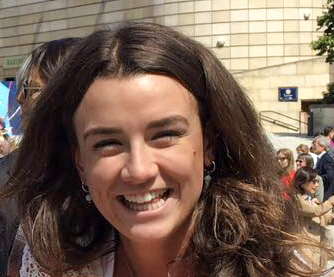
What is your role in the GWMD project?
I support project communications, oversee child safeguarding (ensuring all participating organisations meet the mandatory requirements to keep children safe at all times), help to liaise with current and potential partners of the project and report back to funders on the impact and resonance of the GWMDproject, advancing sustainability.
What is the aim of GWMD?
To strengthen the bond between parents who are detained or imprisoned and their children. To create better, fairer criminal justice systems that respect those children’s rights.
How the project actually works to achieve its goals is brilliant. As established in Bambinisenzasbarre’s methodology, the first and primary “how” is by creating opportunities in prisons for families to come together and play, for children to just be children, to feel loved and cherished. It helps parents in prison to feel supported and encouraged to be a Mum or Dad despite the circumstances. These are the football (or other) games taking place on prison grounds.
The second “how” is by actively involving the very people who can ensure this is not just a one-off afternoon: the prison system. Bambinisenzasbarre’s great success since initiating the project in Italy in 2015 is proof that this project extends far beyond happy afternoons of football. It plants a seed within prison systems that grows with time, actively shifting these systems. Prison staff get it: they see the benefits for everyone when the child-parent bond is supported, they grasp what their role in bolstering that bond looks like. The respect of children’s rights begin to permeate the system, increasingly becoming a norm. Child safeguarding practices and policies are a key aspect of this.
Another goal of the project is to change perceptions among the wider public. Many children cite stigma and shame as the most debilitating aspects of having a parent in prison. This project seeks to tackle stigma head on by shifting and humanising the narrative. It shows that these children love and miss their parents as any child would. It shows that parenting from prison is difficult, requires support but that most parents are a hugely positive source of support to their children.
‘The respect of children’s rights begin to permeate the system, increasingly becoming a norm.’
What is GWMD like for COPE and its members?
COPE member organisations are very varied. For many, they have strong relationships with prison services already in place. This project allows them to build on and boost those relationships and take part in an international project. For others, they are working in very challenging and isolated contexts where children’s rights are far from recognised within criminal justice systems. Having the backing of a wider movement, the invaluable experience and learning from Bambinisenzasbarre and being able to cite examples of foreign successes can really boost and legitimise the “ask” they are proposing within their own contexts.
For COPE, this project is a beautiful way to unite the network to work in harmony towards its shared vision. It’s a fantastic vehicle to collectively communicate what changes we are trying to create, what is needed to turn them into reality and what it all means for children affected by a parent’s imprisonment.
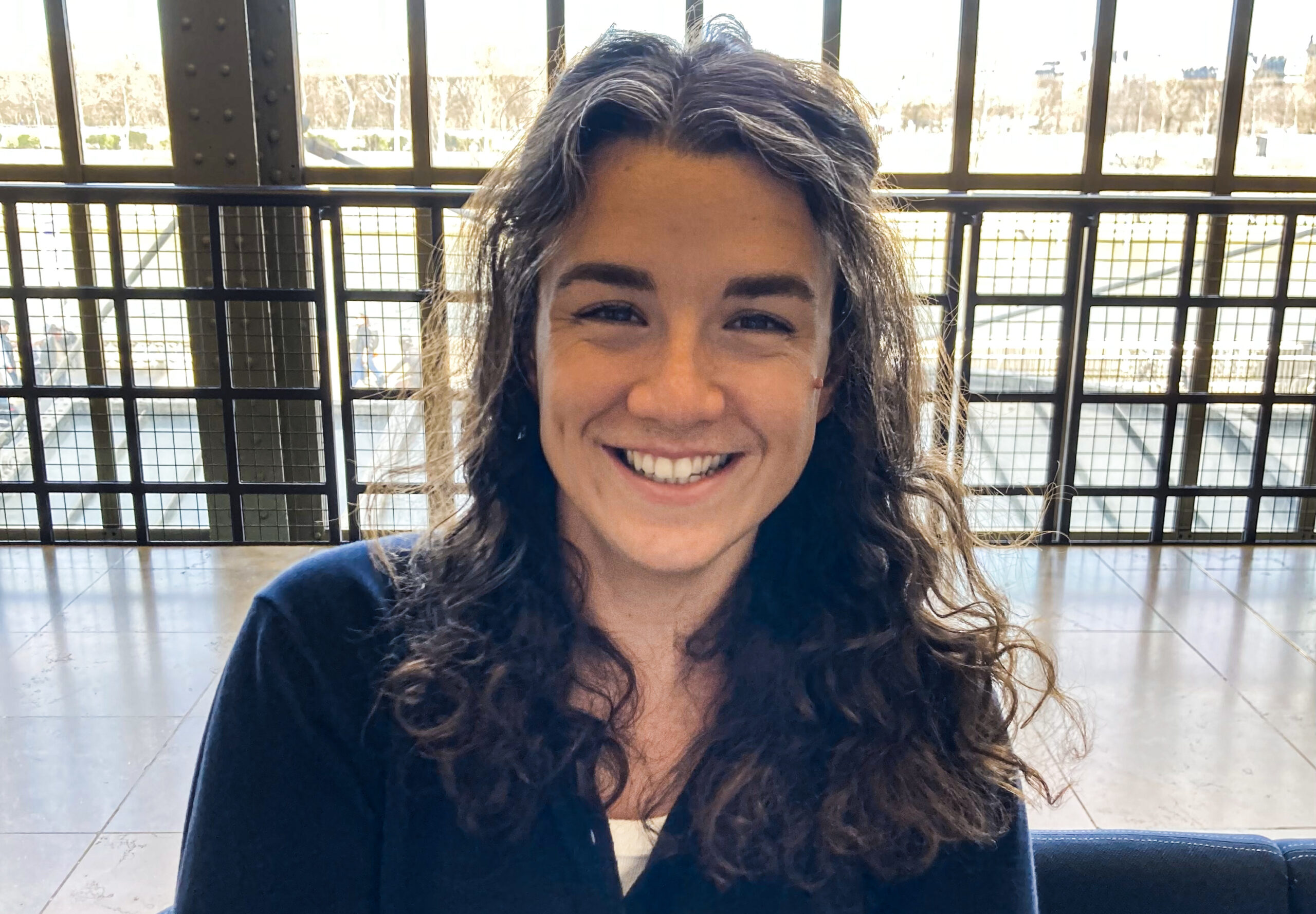
Did COPE members understand the aim of GWMD?
Yes. They know more than anyone what the aims are and what long-term change looks like, whether it’s created top-down, bottom-up or transversally. Everyday COPE members work with children and their imprisoned parents, prison staff, schools, policy-makers, ministry officials and the countless other partners needed to make these changes happen.
‘The GMWD plants a seed within prison systems that grows with time, actively shifting these systems.’
What was the feedback from COPE members?
Members are really happy to be a part of the project. In 2024, there were some powerful and unexpected results, such as the strong support of a prominent MP in Czechia which led to an advocacy event in Parliament involving children, imprisoned parents and caregivers speaking about their experiences. Of course, members appreciate receiving key financial support to make this project possible.
How many countries have joined GWMD?
8
What other effective actions would you propose to COPE members in addition to GWMD?
There are countless models of good practice among the network. While each country, region, jurisdiction is very unique, many of the issues are similar and can be tackled with similar strategies. A wonderful project in Sweden uses theatre performed in classrooms to open up conversations about parental imprisonment in schools. It empowers teachers to support children and tackles bullying and stigma head on. It is coordinated by our member Solrosen and could be another great project that other members may wish to learn from.
What are the positive and critical aspects of GWMD project
Positive = large number of children supported, collective efforts, practical solutions, the scope for systemic change is long-term.
Critical = not an easy task! But it’s a challenge that pays off.
